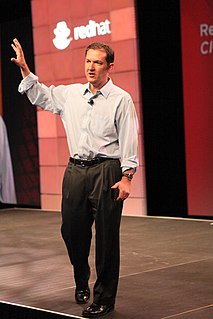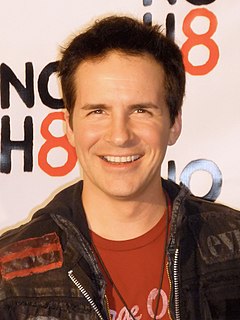A Quote by Amity Shlaes
Coolidge and his treasury secretary Mellon loved new technology. Like JFK, C.C. divined that a new technology could lift the nation out of its doldrums; the only difference was that JFK's new technology was space travel, and Coolidge's travel by airplane.
Related Quotes
Delta's plan to upgrade JFK facilities will improve our customers' travel experience and make it more efficient and enjoyable to travel through one of the world's premier international gateways. Our customers should make no mistake that Delta is committed to New York and that this summer's expansion at JFK is an important step in offering enhanced service to customers in most every direction we serve from New York City.
If Coolidge were a stock, he'd be a buy. The experts have historically ranked Coolidge in the bottom quartile or bottom half of all presidents. But his economic performance and his statesmanship suggest Coolidge belongs in the top quarter of presidents. The disparity between the Coolidge price and Coolidge value is huge. So revision is warranted.
It's easy to fall into the trap of assuming that a new technology is very similar to its predecessors. A new technology is often perceived as the linear extension of the previous one, and this leads us to believe the new technology will fill the same roles - just a little faster or a little smaller or a little lighter.
The most revolutionary aspect of technology is its mobility. Anybody can learn it. It jumps easily over barriers of race and language. ... The new technology of microchips and computer software is learned much faster than the old technology of coal and iron. It took three generations of misery for the older industrial countries to master the technology of coal and iron. The new industrial countries of East Asia, South Korea, and Singapore and Taiwan, mastered the new technology and made the jump from poverty to wealth in a single generation.
The over-all point is that new technology will not necessarily replace old technology, but it will date it. By definition. Eventually, it will replace it. But it's like people who had black-and-white TVs when color came out. They eventually decided whether or not the new technology was worth the investment.
With space travel, [it's] no different. You know, in 1990 I read the name Virgin Galactic Airways. Loved the name. And set out to try to find an engineer or rocket scientist in the world who could build a safe, reusable rocket that could take people to and from space and we could start a whole new era of commercial space travel.
What the new fertilizer technology has accomplished for the farmer is clear: more crop can be produced on less acreage than before. Since the cost of fertilizer, relative to the resultant gain in crop sales, is lower than that of any other economic input, and since the Land Bank pays the farmer for acreage not in crops, the new technology pays him well. The cost-in environmental degradation-is borne by his neighbors in town who find their water polluted. The new technology is an economic success-but only because it is an ecological failure.

































